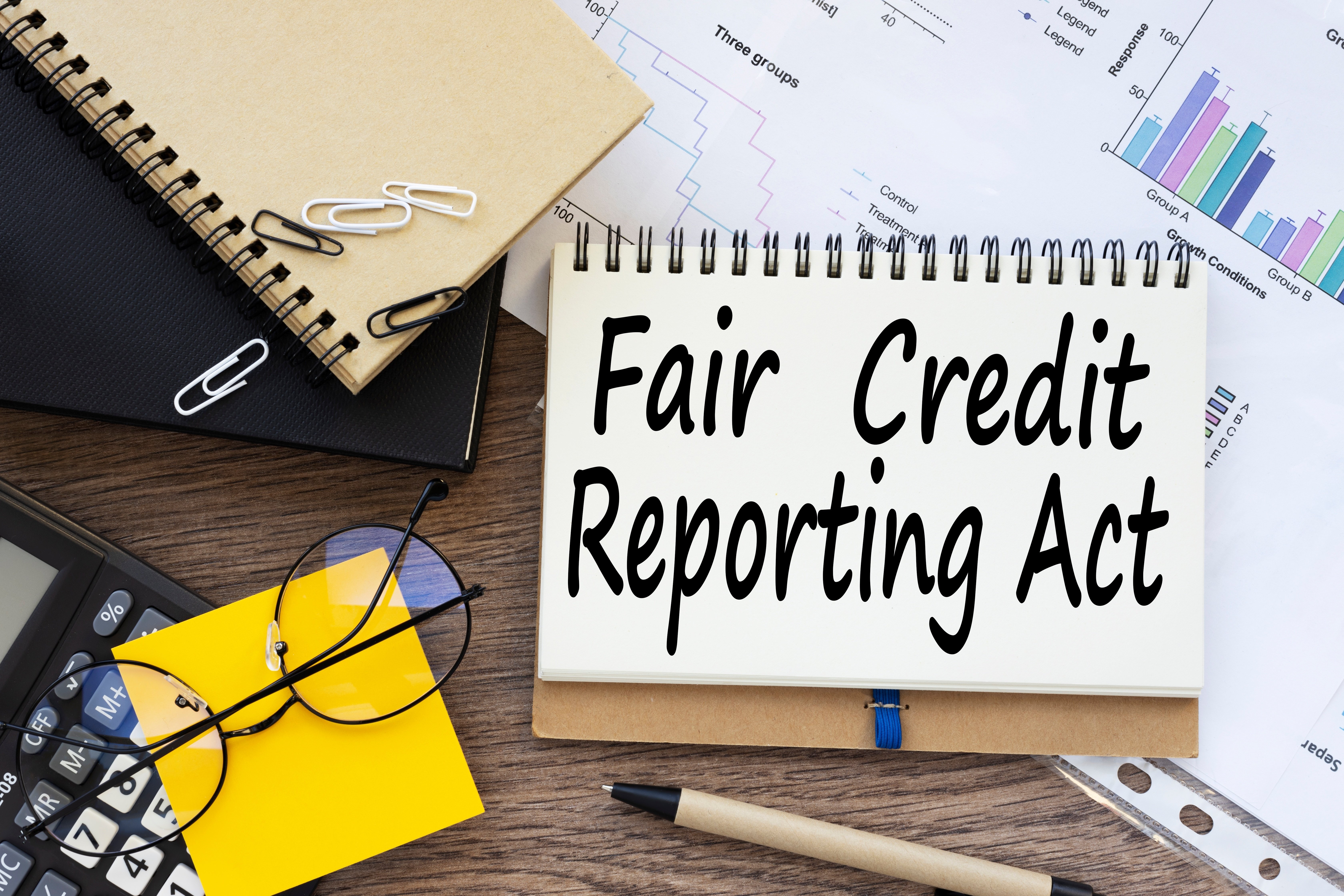Learn how to navigate the Fair Credit Reporting Act and avoid potential violations to protect your credit.
Understanding the Fair Credit Reporting Act
The Fair Credit Reporting Act (FCRA) is a federal law that aims to promote accuracy, fairness, and privacy of consumer information in credit reports. It was enacted in 1970 to address concerns about the increasing use of credit reports by businesses and the potential for inaccurate or unfair information to negatively impact consumers' creditworthiness.
Under the FCRA, credit reporting agencies, also known as consumer reporting agencies (CRAs), are required to maintain accurate and up-to-date information about consumers. They must also provide individuals with access to their credit reports and allow them to dispute any inaccurate or incomplete information. Additionally, the FCRA imposes certain obligations on businesses that use consumer reports for credit decisions, employment purposes, insurance underwriting, and other purposes.
By understanding the provisions of the FCRA, consumers can better protect their credit and ensure that their personal information is handled responsibly by credit reporting agencies and businesses.

Common Violations to Avoid
While the FCRA sets clear guidelines for the collection, use, and dissemination of consumer information, violations of the act can still occur. Some common violations to avoid include:
- Failing to provide consumers with a copy of their credit report upon request
- Reporting inaccurate information to credit bureaus
- Using consumer reports for unauthorized purposes
- Not properly investigating consumer disputes
By familiarizing yourself with these common violations, you can take steps to ensure that your rights under the FCRA are protected.
Consequences of FCRA Violations
Violations of the FCRA can have serious consequences for businesses, credit reporting agencies, and individuals. Some potential consequences include:
- Legal action and financial penalties: Businesses and credit reporting agencies that violate the FCRA may face lawsuits from affected individuals and regulatory enforcement actions. These can result in significant financial penalties.
- Damage to reputation: FCRA violations can harm a business's reputation and erode consumer trust. Negative publicity and loss of customers can have long-lasting effects.
- Adverse credit impacts: For individuals, FCRA violations can lead to inaccurate credit reporting, which can negatively impact credit scores and creditworthiness. This can make it more difficult to obtain credit, loans, or favorable interest rates.

It is important for businesses and individuals to understand the potential consequences of FCRA violations and take proactive measures to comply with the law.
Resources for Help and Guidance
If you have questions or need assistance regarding the Fair Credit Reporting Act, there are resources available to help:
- Consumer Financial Protection Bureau (CFPB): The CFPB is a government agency that enforces the FCRA and provides guidance to consumers and businesses. Their website offers information on consumer rights, filing complaints, and accessing credit reports.
- Federal Trade Commission (FTC): The FTC also enforces the FCRA and provides resources for consumers and businesses. Their website includes educational materials, complaint forms, and information on identity theft.
- State consumer protection offices: Many states have their own consumer protection offices that can provide guidance on FCRA compliance and handle complaints.
By utilizing these resources, you can stay informed about your rights under the FCRA and seek help if you encounter any issues.


